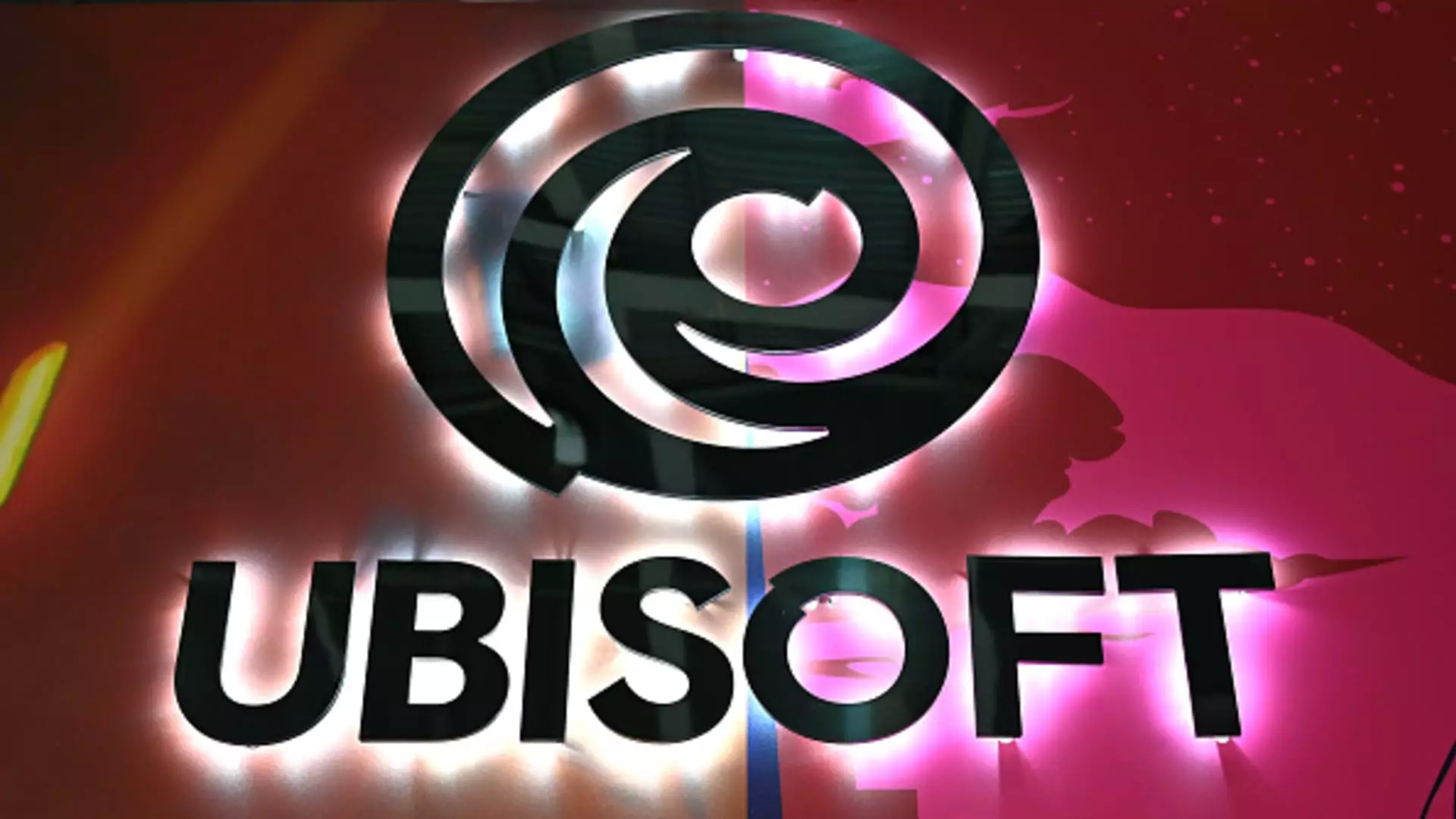In a striking turn of events, shares of Ubisoft, the renowned French video game publisher, saw a significant increase, climbing over 30% following reports of potential buyout discussions involving Tencent and the founding Guillemot family. This surge raises important questions about the future trajectory of the company, particularly in light of its recent struggles in the competitive gaming market. As reported by Bloomberg News, these discussions come at a precarious moment, with Ubisoft’s market value having plummeted by more than half this year. This article will analyze the implications of this potential buyout and what it could mean for Ubisoft moving forward.
Tencent, a colossal figure in the gaming industry, currently holds about a 10% stake in Ubisoft, making it a significant minority shareholder. The Guillemot family, the founders and principal stakeholders of Ubisoft, are also exploring options that could potentially involve a partnership with Tencent to take the company private. Such a move could reshape the gaming landscape, especially since both entities share a vested interest in rejuvenating Ubisoft’s brand and market presence. According to industry insiders, the primary motivation behind these discussions is to address the mounting challenges Ubisoft faces, underlined by disappointing game releases and weakened investor sentiment.
Ubisoft’s struggles have intensified in recent months, manifesting in multiple ways. The company’s announcement to postpone the much-anticipated release of “Assassin’s Creed Shadows” is emblematic of its broader issues. Scheduled for February 14, 2025, this delay reflects not only an underestimated demand for “Star Wars Outlaws” but also a lack of confidence among investors regarding Ubisoft’s future prospects. In light of this uncertainty, the company has revised its net bookings guidance downward for the 2025 fiscal year to approximately 1.95 billion euros, significantly less than its 2024 fiscal performance of 2.32 billion euros.
Adding to the growing pressure, Ubisoft has faced criticism from AJ Investments, an activist investment group that, despite holding less than a 1% stake in the company, has managed to rally over 10% of Ubisoft’s shareholder base to push for profound management changes. Their recent open letter advocated for potential buyout strategies either via private equity firms or Tencent, signaling a deep dissatisfaction with current management practices and a call for immediate action.
A potential buyout by Tencent and the Guillemot family could serve as both a remedy and a risk for Ubisoft. On the one hand, the partnership could inject much-needed resources and expertise into Ubisoft, potentially revitalizing its game portfolio and brand reputation. Tencent’s vast resources and experience in the gaming industry could provide strategic support that allows Ubisoft to innovate and better meet the expectations of modern gamers.
Conversely, such a takeover could also raise concerns regarding the independence of the firm’s creative output. Ubisoft is known for its distinct gaming philosophies and innovative titles, and there is speculation that a significant ownership change may lead to shifts in direction that don’t align with its historical ethos. Maintaining the delicate balance between financial viability and creative integrity is crucial for the company’s long-term success.
The context in which these discussions are unfolding is also noteworthy. The global gaming market is projected to grow at a modest rate of 2.1% year-over-year in 2024, a far cry from the explosive growth experienced during the pandemic. Gamers today are increasingly drawn to established titles rather than new releases, reflecting a shift in consumption patterns exacerbated by economic pressures. As highlighted by James Lockyer from Peel Hunt, an oversaturated market with limited disposable income may lead to lower returns on investment for new games. For companies like Ubisoft, adapting to these changes while executing a successful turnaround strategy is imperative for survival.
Ubisoft stands at a crossroads, with its recent stock surge reflecting both optimism from investors and the significant hurdles that lie ahead. The potential collaboration with Tencent represents a beacon of hope for the company, yet it also invites complex challenges that cannot be ignored. As the gaming landscape continues to evolve, the decisions made during this pivotal moment will play a critical role in determining not only the fate of Ubisoft but also the future of its iconic franchises. The coming months will be crucial as stakeholders weigh their options and the implications of any strategic moves they choose to make.


Leave a Reply
You must be logged in to post a comment.